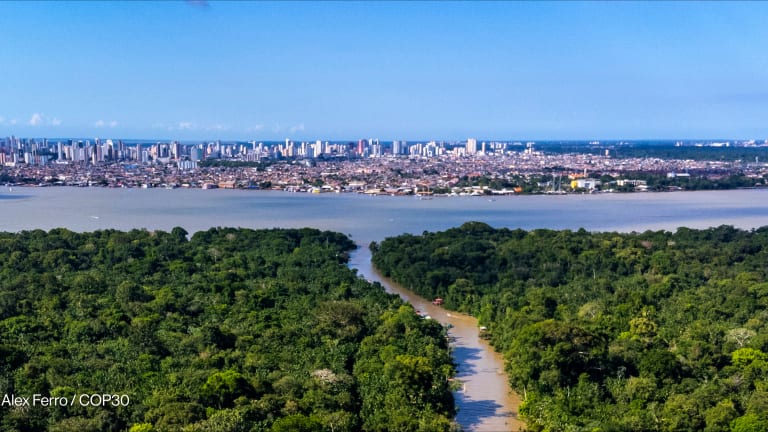In the days since renowned climate scientist Saleemul Huq suddenly passed away in Dhaka, Bangladesh, at 71, there has been a flood of tributes celebrating his life’s work. The Bangladeshi-British scientist was seen as instrumental in establishing an agreement for the loss and damage fund, and as a leading advocate for climate-vulnerable countries — where he supported building the capacity of the media, researchers, and climate.
He also focused on bringing the experiences and knowledge of affected countries to the decision-making table.
“What was really important is that he emphasized the fact that people who are exposed to climate change impacts are not passive victims, but are agents and actors and also, eventually tremendous sources of knowledge,” said Lisa Schipper, a professor of development geography at the University of Bonn, and a collaborator, mentee, and colleague of Huq for the past two decades. “What he teaches us is that we need to invite everybody to the table, and that there are no people who shouldn’t be at the table.”








